N-Glycan Kit
The N-glycan kit comprises a comprehensive collection of materials and substances designed to facilitate the isolation, examination, and delineation of N-glycans. These intricate carbohydrates are covalently linked to proteins and are involved in critical biological functions, such as intercellular signaling, protein folding, and immune response mechanisms.
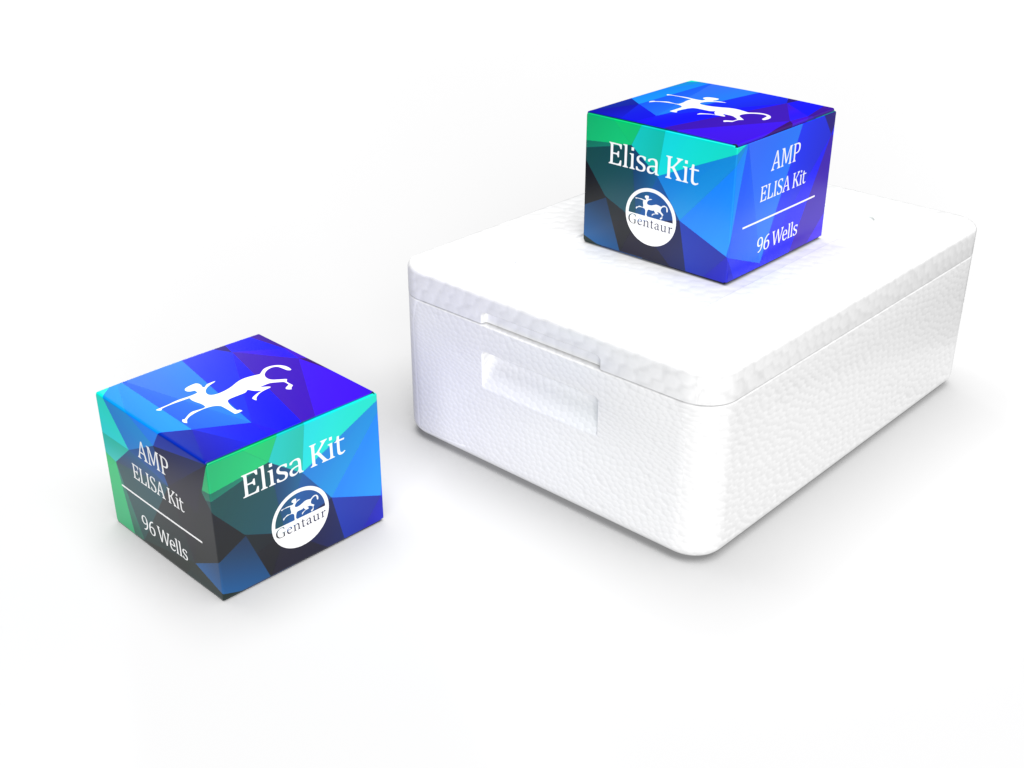
The N-Glycan Kit typically includes a set of tools and reagents essential for N-glycan analysis. These may consist of:
- Enzymes for N-glycan release: These enzymes facilitate the detachment of N-glycans from proteins, enabling subsequent analysis.
- Sample preparation reagents: Substances for preparing N-glycan samples, ensuring optimal conditions for subsequent analyses.
- Analytical reagents: Necessary for the thorough examination of N-glycan samples through various techniques such as high-performance liquid chromatography (HPLC) and mass spectrometry (MS).
- Calibration standards: These standards aid in the precise calibration of instruments and accurate quantification of N-glycans.
The applications of N-glycan kits are extensive and include:
- Glycoproteomics: In-depth analysis of N-glycosylation patterns in proteins, aiding in the understanding of their biological functions and identification of potential disease biomarkers.
- Drug discovery: Identification of drug candidates targeting N-glycans, a crucial aspect in the development of novel treatments for diseases like cancer and autoimmune disorders.
- Quality control: Ensuring the integrity and efficacy of biopharmaceutical products by assessing the N-glycan content, ensuring product safety and efficacy.
The process of utilizing an N-glycan kit involves several key steps:
- Releasing N-glycans: Utilizing specific enzymes to detach N-glycans from proteins, typically achieved through enzymatic digestion or chemical hydrolysis.
- Preparing N-glycan samples: Ensuring that N-glycan samples are appropriately prepared for subsequent analyses, often involving clean-up and derivatization procedures to enhance compatibility with chosen analytical techniques.
- Analyzing N-glycan samples: Employing various techniques such as HPLC and MS to separate and identify individual N-glycans, allowing for precise characterization and quantification.
- Quantifying N-glycans: Calibration standards are employed to ensure instrument accuracy and enable the precise quantification of various N-glycans present in the sample.
In conclusion, the N-Glycan Kit serves as an indispensable tool for researchers and clinicians, enabling comprehensive exploration of N-glycans and their intricate roles in various biological processes.
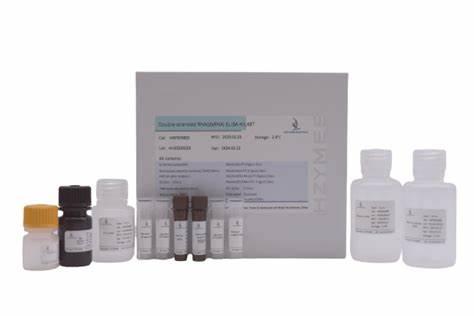
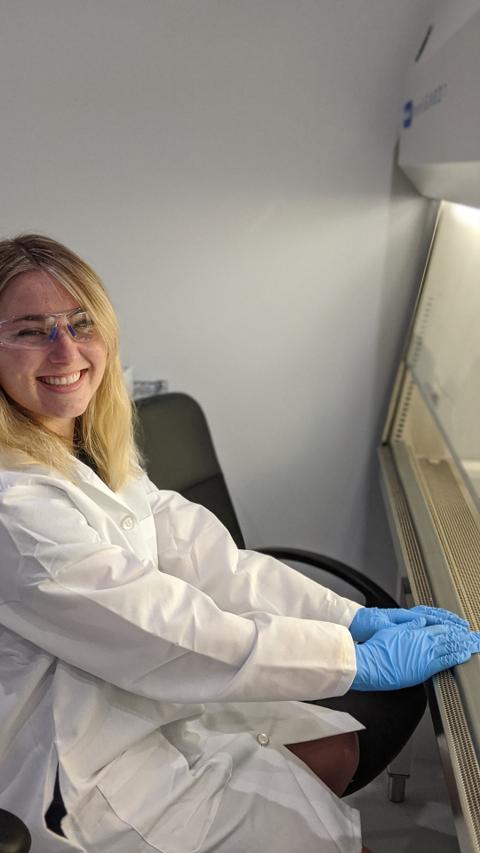
Applications of N-glycan kits in research
N-glycan kits are used in a variety of research applications, including:
- Glycoproteomics: N-glycan kits are used to study the N-glycosylation of proteins. This is important for understanding the function of proteins and for identifying biomarkers for diseases.
- Drug discovery: N-glycan kits are used to identify drugs that target N-glycans. This is important for developing new treatments for diseases such as cancer and autoimmune diseases.
- Cell biology: N-glycan kits are used to study the role of N-glycans in cell biology, such as cell-cell communication and protein folding.
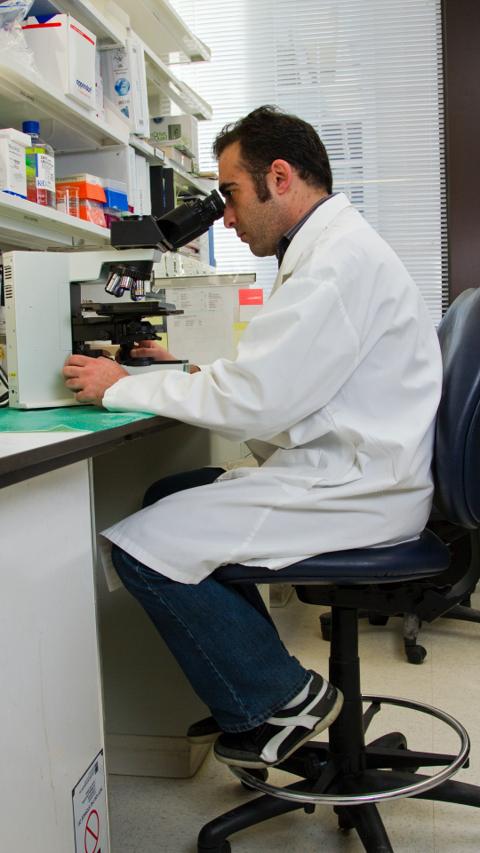
Applications of N-glycan kits in clinical practice
N-glycan kits are used in a variety of clinical applications, including:
- Diagnosis of diseases: N-glycan kits can be used to diagnose diseases such as cancer and autoimmune diseases.
- Monitoring of disease progression: N-glycan kits can be used to monitor the progression of diseases such as cancer and diabetes.
- Response to therapy: N-glycan kits can be used to assess the response to therapy for diseases such as cancer and diabetes.
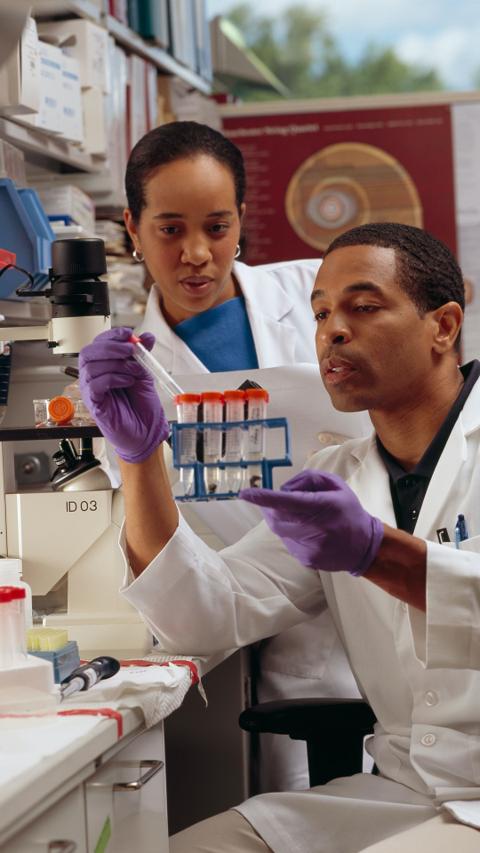
N-glycan profiling
N-glycan profiling is a technique that can be used to characterize the N-glycan structures of proteins. This is done by using N-glycan kits to release, purify, and analyze N-glycans from a sample of proteins.
N-glycan profiling can be used for a variety of purposes, including:
- Identifying biomarkers for diseases: N-glycan profiles can be used to identify proteins that are differentially N-glycosylated in diseased cells. These proteins can then be used as biomarkers for diseases.
- Understanding the role of N-glycans in cell biology: N-glycan profiles can be used to study the role of N-glycans in cell signaling, protein folding, and other cellular processes.
- Developing new drugs: N-glycan profiles can be used to identify drugs that target specific N-glycan structures.